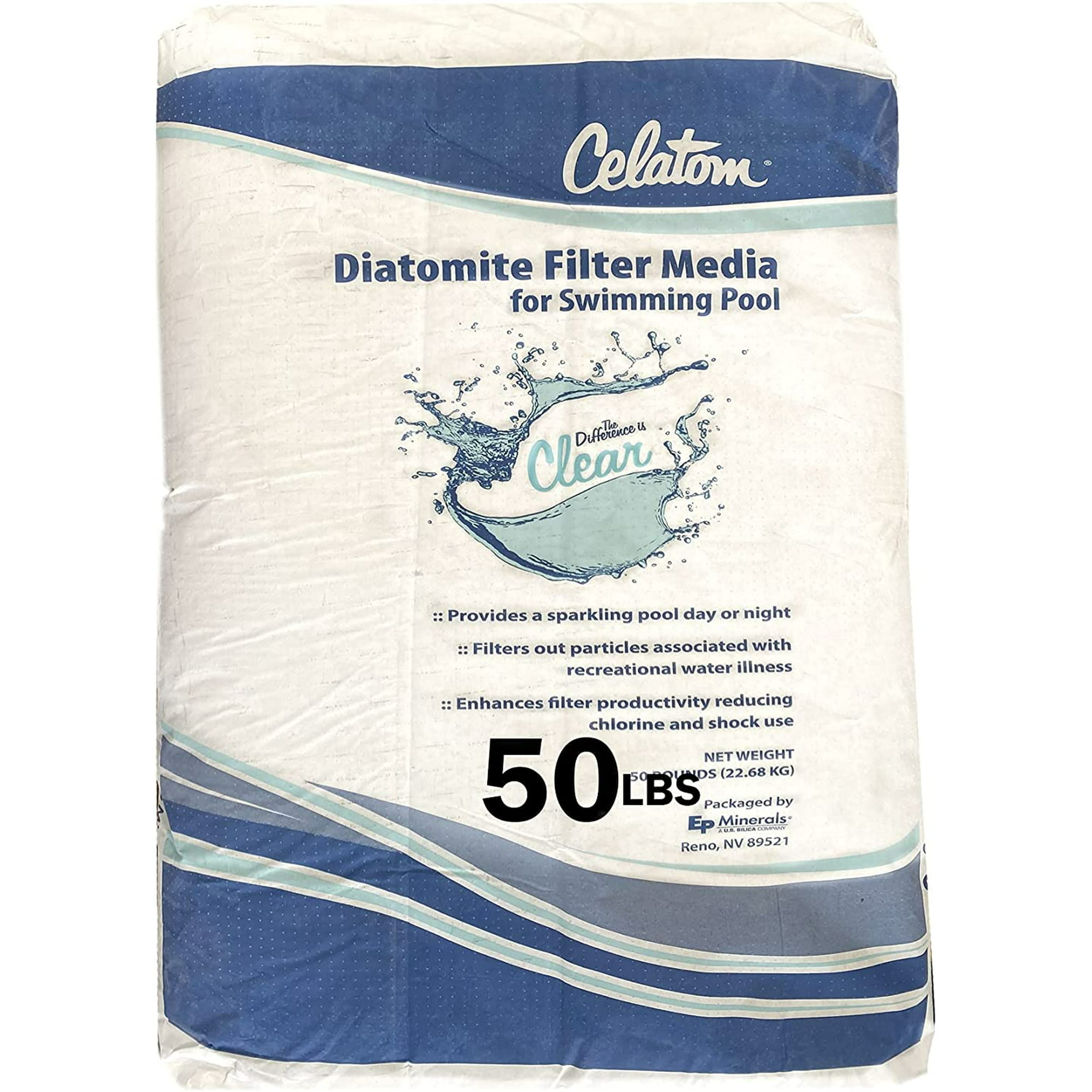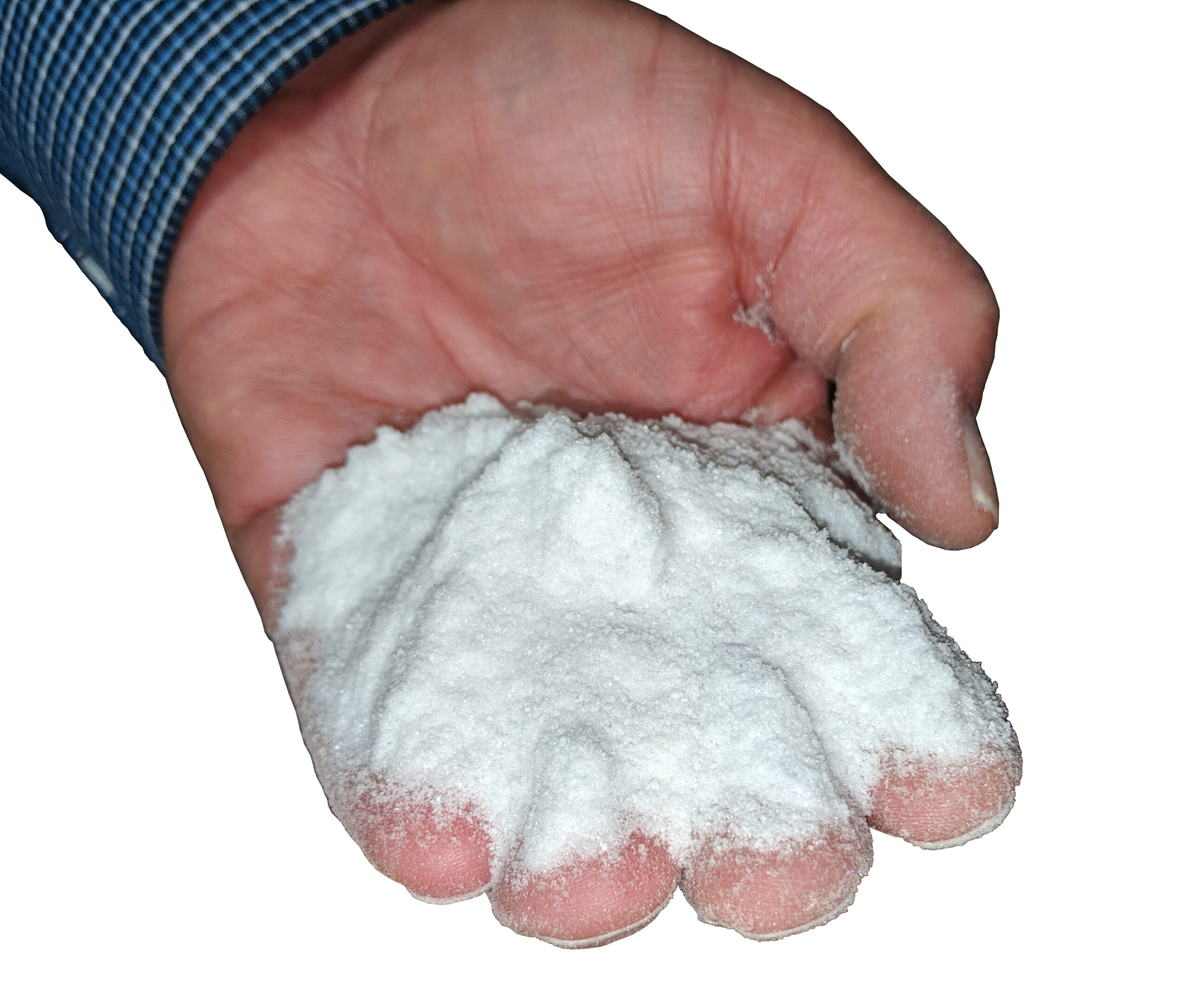Unlocking the Conveniences of Diatomaceous Earth Filtering System for Clean and pure Water
The expedition of diatomaceous planet (DE) filtering presents a compelling option for those seeking reliable and lasting water filtration approaches. As the demand for tidy water continues to climb worldwide, recognizing the multifaceted applications and benefits of DE filters might reveal essential understandings for both family and industrial usage.
What Is Diatomaceous Planet?
Diatomaceous planet, typically referred to as DE, is a normally happening sedimentary rock made up mostly of the fossilized remains of tiny, water organisms referred to as diatoms. These single-celled algae are rich in silica, which is the main component of DE. The special structure of diatomaceous earth is composed of tiny, permeable bits that supply a high area, making it an effective filtering system medium.
DE is normally harvested from ancient lake beds and deposits, which have built up over thousands of years. It appears as a penalty, white to off-white powder, and its chemical structure mainly consists of silicon dioxide, along with trace amounts of different minerals. This composition is what gives DE its amazing residential properties.
In addition to its application in water filtering, diatomaceous planet is utilized in a selection of sectors, consisting of agriculture, food storage, and pest control. Its capability to soak up moisture and its abrasive top qualities make it an important source in these fields. Generally, diatomaceous planet stands apart as an environmentally pleasant alternative for various applications due to its all-natural beginning and efficiency in filtering processes.

How Diatomaceous Planet Filtering Functions

When water passes via a diatomaceous earth filter, the fine bits are captured in the intricate network of tiny pores. The shapes and size of these pores are essential, as they are developed to target particular contaminants while allowing tidy water to stream with. As water actions with the filter medium, the mechanical action of the diatomaceous earth catches bigger bits, while smaller sized pollutants are taken in or literally obstructed.
Additionally, the area offered by diatomaceous earth is substantial, improving its capability to hold pollutants. This results in a progressive buildup of entraped fragments, which can be regularly gotten rid of via a backwashing procedure. This method makes sure consistent purification efficiency and adds to the total efficiency of maintaining pure and tidy water.
Advantages Over Traditional Filtration
When contrasting diatomaceous earth filtering system to typical purification techniques, several benefits emerge that improve water purification efficiency. Among the primary benefits is the premium filtering ability of diatomaceous planet (DE), which can remove smaller particles and contaminations that traditional filters may miss. The tiny framework of DE allows go to these guys it to capture pollutants, including bacteria and protozoa, leading to cleaner water.
In addition, diatomaceous earth filters often tend to have a longer life-span than conventional media, reducing the regularity of replacement and upkeep. This long life not only lowers functional prices yet also minimizes waste, adding to even more sustainable techniques. DE filters additionally run at reduced stress, which can lead to power cost savings in large-scale applications.
One more considerable benefit is the convenience of diatomaceous planet. It can be used effectively in different contexts, from municipal water treatment facilities to specialized industrial applications (diatomaceous earth filtering). The all-natural composition of DE makes it a green alternative, devoid of harmful chemicals and contaminants usually connected with synthetic filtration systems
Applications in Home and Sector
Numerous applications of diatomaceous earth filtering can be over here found in both household and industrial settings, highlighting its flexibility and performance in water purification. In residential settings, diatomaceous earth (DE) filters are frequently used in pool, effectively catching debris and microorganisms, thereby preserving water clarity and hygiene. Additionally, several households make use of DE in home water filtration systems, where it serves to eliminate contaminations, debris, and dangerous virus, making certain safe drinking water.
In industrial applications, diatomaceous earth filtering is essential to numerous fields, including food and drink manufacturing, drugs, and wastewater therapy. In the food sector, DE is utilized in the purification of beer and a glass of wine, facilitating the removal of yeast and various other particulates while protecting the drink's flavor account. In wastewater treatment centers, DE filters play a critical role in enhancing water high quality by trapping pollutants and assisting in the recycling of water sources.
The performance of diatomaceous planet in both family and industrial applications emphasizes its invaluable duty in advertising tidy water gain access to, contributing to public wellness, and sustaining sustainable techniques.

Choosing the Right DE Filter
Choosing the ideal diatomaceous planet (DE) filter is necessary for ensuring optimal water filtration, whether for property or industrial use. diatomaceous earth filtering. The option of a DE filter relies on numerous critical factors, including the particular application, flow rate requirements, and the desired level of filtration
First, examine the volume of water to be filtered. For residential use, smaller sized filters suffice, while commercial applications may require larger, high-capacity systems. Next off, think about the circulation rate; it is very important to choose a filter that can take care of the needed throughput without endangering water quality.
In addition, evaluate the filtering level; DE filters can be found in numerous qualities, affecting the removal of pollutants and particulates. For example, higher-grade filters are suitable for applications requiring strict pureness degrees.
Lastly, take into consideration the upkeep demands and the schedule of replacement DE powder. Filters that are much easier to preserve and have easily offered products will certainly reduce downtime and operational costs. By meticulously thinking about these factors, one can select a DE filter that satisfies details needs, making certain the delivery useful site of secure and clean water.
Final Thought
In recap, diatomaceous planet filtering represents a significant innovation in water purification modern technology, offering boosted performance and efficiency in recording contaminations. Accepting diatomaceous earth filtering can lead to boosted public health and wellness results and better access to tidy water.
The expedition of diatomaceous earth (DE) filtering system offers an engaging choice for those seeking reliable and sustainable water purification techniques.When contrasting diatomaceous earth filtering to traditional filtering methods, a number of benefits emerge that improve water purification effectiveness.Various applications of diatomaceous earth filtering system can be found in both family and commercial setups, highlighting its convenience and performance in water purification. In domestic environments, diatomaceous earth (DE) filters are generally employed in swimming pools, effectively capturing debris and microorganisms, thereby maintaining water clarity and health. In wastewater treatment facilities, DE filters play a vital function in boosting water quality by trapping impurities and assisting in the recycling of water resources.
Comments on “A Comprehensive Guide to Diatomaceous Earth Filtering for Clean Water”